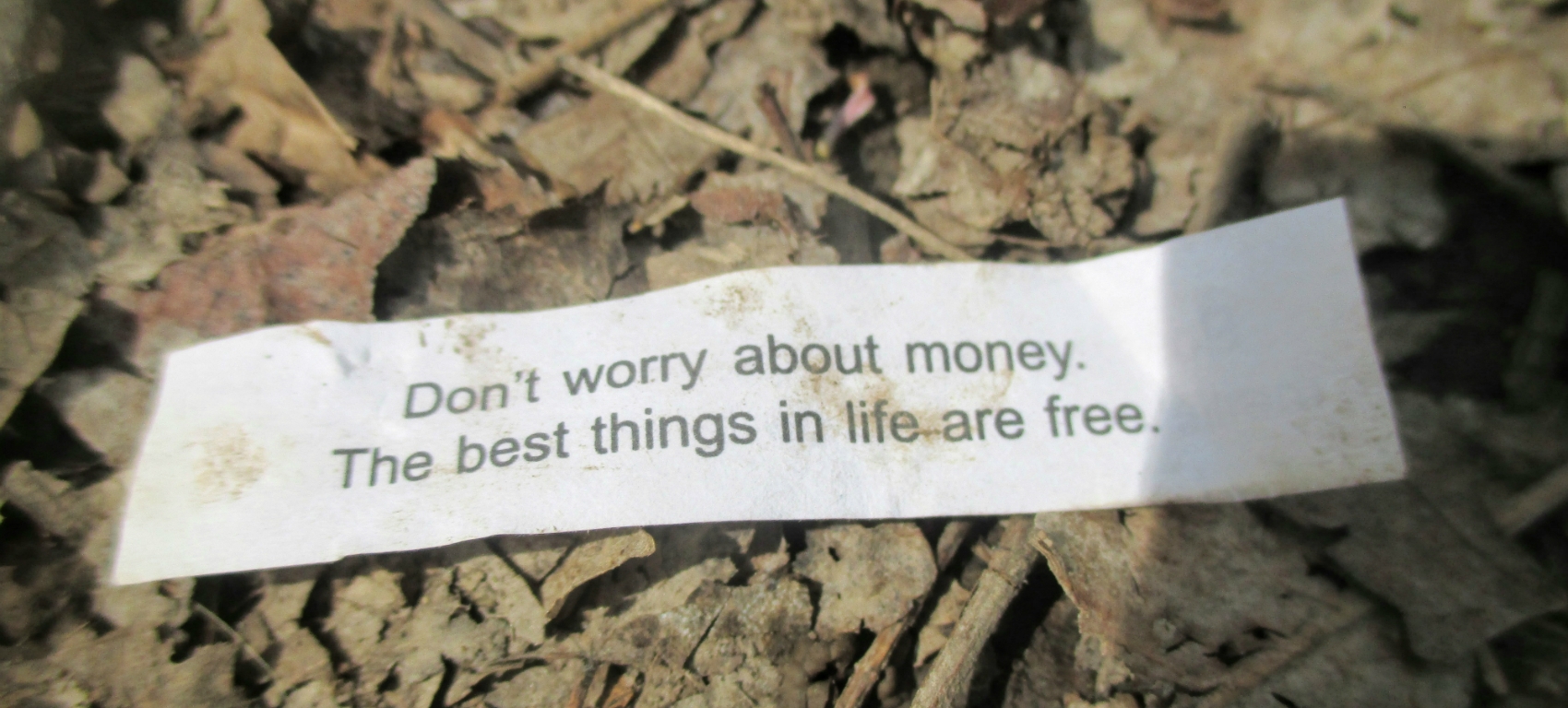A few years back, I was listening to CBC Radio, and the guest on was speaking about unstructured play. His point was on how today we have children who don’t necessarily have the tools that equip them for today’s world.
Unstructured play? What is that?
Unstructured play*,† happens when children follow their instincts, ideas, and interests without an imposed outcome. It may include challenging forms of play, and provides opportunities for exploring boundaries that allow children to determine their own limits in a variety of natural and built environments. Adults may facilitate unstructured play but not prescribe it.
cpha.ca
The benefits are many, unstructured play affects the whole child, and thus the whole adult, top to bottom, in every way. It impacts us physically, emotionally, mentally, socially. It influences how we learn, our attention spans, and our “resilience and risk managment.“
Including:
Mental and emotional health: Unstructured play promotes children’s mental and emotional well-being,6,9 such as positive self-concept10 and self-esteem.11 It supports the formation and maintenance of friendships, which promotes the maintenance of good mental health;12 physically active play may decrease anxiety and depressive symptoms.10,13
Social health and team work: Unstructured play helps children improve their social competence,10 including emotional intelligence, self-awareness, empathy and the ability to communicate effectively in situations that involve compromise and cooperation.10,12
IBID
Ok, so those of us born back in the world before every child needed to be doing 40 billion things a week, we all just went outside. Well, perhaps not all, but many. We made up stuff, rules or not, no assigned jerseys, judges, referees, or adults. Sometimes, if you eavesdropped, all ya heard was, “let’s pretend.”
No special uniforms required. No rules that define what role you have. No adults to tell you how you should act, or not act. Nope. None of that. How it all transpires is all up to you and the pals you hang out with.
How the hierarchies play out is organic. Who does what, you figure out on your own. Why you do whatever you decide to do, happens just as organically. Roles are defined as you go. No one, ‘cept those you decide to listen to, no one but you all. You agree, or disagree. You yell, you scream, you tease. You daydream believers, you run, jump, climb, dress-up in silly costumes, or wear your mitts & toque and warm jacket and play hide and go seek in the dark with the neighbourhood kids, or “niky-niky-nine-doors”. Or whatever.
That is unstructured play.
Today, it seems as though many children have become enslaved. Whether its devices or 350 million other distractions, many have been robbed of time for this organic kind of play. Play with no rules but what YOU make, and the consequences. These activities that will define them.
Sure, good to learn to play for the team, be a good sport, be part of something. Play a role, listen to the rules, follow the rules.
Yes, and I’m all for knowing all that.
Yet, this idea of unstructured play… it struck me when I was listening to that radio show… where do ideas come from? Where do the people we become as adults come from? How do we know what we are? How we play well with others? Are we leaders? Or, are we just natural followers? Do we have our own voice? Or, do we need to be instructed? Do we have our own thoughts? How do we work with those thoughts? What do we do with them? How do we learn how to be ourselves? Does being ourselves require certain rules? Is there a curriculum for this stuff? Can there really ever be a set of guidelines for how we become?
Is it that everything you will ever be, and everything you can be, is it drilled into us? Are those rules of play are only guidelines?
And, maybe it could still be possible as adults to engage in some good ol’unstructured play. Play just because, no rules, no uniforms, no boundaries but the ones we learn constrain us, by hook or by crook, we learn.
After thousands of dollars in equipment, bus trips, long drives to far away places for games, and all the money spent, that in the end, the simple things that cost nothing had just as much impact.
So, truly, the best things in life are free.

I will say it does feel like there was a lot more unstructured play years ago than there is now. I think now a days there are too many rules, structures, thoughts, emotions, assumptions, definitions, and descriptions on things that keep people from just being free. I’ve tried to raise my kids with an openness so that they can be more unstructured. And try to always emphasize that it is about the people and the experience.
LikeLiked by 1 person
Totally agree. Too often, parents feel pressure to have their children in organized teams, and some just can’t budget for it. So, the articles I read online indicated how unstructured play can be very beneficial for all sorts of development advantages, and useful as adults.
LikeLike
I think the answers to most of your questions mostly depend on how we’re all raised.
LikeLiked by 1 person